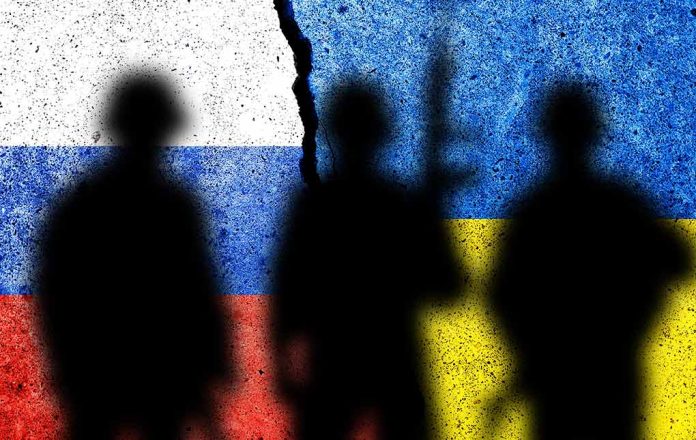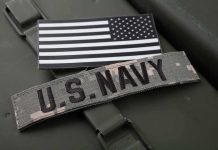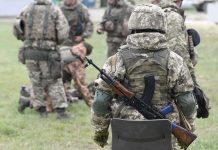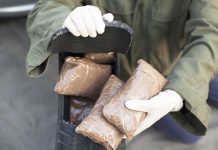
The confirmation of illegal CS agents in Ukraine by the OPCW raises concerns of chemical warfare despite international bans.
Key Takeaways
- The OPCW confirmed the presence of banned CS riot gas in shell and soil samples from Ukraine’s conflict zone with Russia.
- CS gas and other toxic weapons are prohibited in war zones under the OPCW convention.
- This is the first confirmed use of riot control gas in active fighting areas in Ukraine.
- Ukraine requested the OPCW’s assistance and provided samples from an incident on September 20 near Illinka in the Dnipropetrovsk region.
- The OPCW confirmed the chain of custody for the samples but did not identify the source of the toxic chemical.
OPCW Investigation Details
The OPCW’s investigation into chemical weapon usage in Ukraine provided concrete evidence of banned agents. Samples collected from battlefield areas revealed CS gas presence. This verification underscores the critical need for compliance with the Chemical Weapons Convention, prohibiting such substances in combat situations.
The samples were taken from regions around Illinka, within the Dnipropetrovsk region, indicated by soil and grenade remnants. Documentation and digital data obtained furnish further insight into the ongoing scrutiny needed in these combat zones. The OPCW’s findings derive from meticulous procedures and are vital to upholding international norms.
Although CS is a non-lethal irritation agent, its discovery in war zones is alarming. Such agents are strictly controlled, emphasizing the importance of stringent enforcement of chemical weapons regulations. These developments place a spotlight on Russia and Ukraine amid accusations and counter-accusations of chemical weapon deployment.
International Reactions
The response from global powers has intensified following the OPCW report. The United States and the United Kingdom have voiced suspicions regarding Russia’s adherence to chemical weapons protocols. Calls for greater transparency from Russia, particularly given its past claims of disbanding chemical stockpiles, underline international demands for accountability.
“The international chemical weapons watchdog says it has found the banned riot control agent CS in nine samples handed to it by Ukraine from the frontline in its war against Russia.” – Organization for the Prohibition of Chemical Weapons (OPCW)
Russia’s position in this conflict remains controversial, with the OPCW not definitively attributing the CS gas deployment to either party. This neutrality highlights the complexity of navigating the factual landscapes of chemical weapon usage amidst ongoing hostilities.
Chemical weapons watchdog finds prohibited CS tear gas use against Ukraine forces https://t.co/qH6mUb6INO
The Organization for the Prohibition of Chemical Weapons (OPCW) has confirmed the presence of prohibited tear gas in samples collected from Ukraine’s conflict zone, follo…
— GMan (Ґленн) ☘️🇬🇧🇺🇦🇺🇸🇵🇱🇮🇱🍊🌻 (@FAB87F) November 19, 2024
Importance of Enforcing Chemical Weapons Protocols
The findings by the OPCW accentuate the urgency for effective global enforcement of the Chemical Weapons Convention. Given the first confirmed instances involving riot control agents in conflict zones, maintaining the principles laid down in the convention becomes paramount for global safety and security.
International collaboration and transparency are now more crucial than ever. Ensuring that all parties adhere to existing treaties not only minimizes the risk of chemical warfare but reinforces global resilience against such threats. The world must remain vigilant to prevent any violations that could escalate into global security threats.
Sources:
- Chemical Weapons Watchdog Says Banned Gas Found in Ukraine Samples – The Moscow Times
- Chemical weapons watchdog says found banned CS agent in samples supplied by Ukraine | The Times of Israel
- Chemical Weapons Watchdog Says Found Banned CS Agent in Ukraine-Supplied Samples – The Moscow Times
















